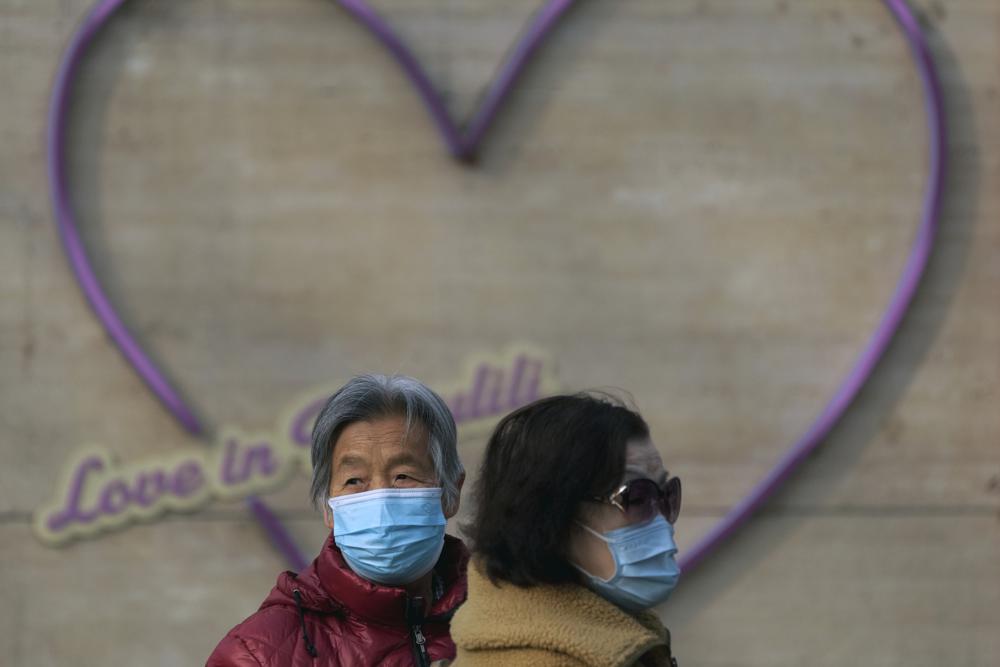

Anti-virus controls that are confining millions of Chinese families to their homes and shut shops and offices are spurring fears of further damage to already weak global business and trade.
The ruling Communist Party promised on Nov. 11 to reduce disruptions from its “zero- COVID” strategy by making controls more flexible. But the latest wave of outbreaks is challenging that, prompting major cities including Beijing to close off populous districts, shut stores and offices, and order factories to isolate their workforces from outside contact.
On Tuesday, the government reported 28,127 cases were found over the past 24 hours in areas throughout China, including 25,902 with no symptoms.
China’s infection numbers are lower than those of the United States and other major countries. But the ruling party is sticking to “zero COVID,” which calls for isolating every case, while other governments are relaxing travel and other controls and trying to live with the virus.
Global stock markets fell Monday as anxiety about China’s controls added to unease about a Federal Reserve official’s comment last week that already elevated U.S. interest rates might have to rise further than forecast to cool surging inflation.
Investors are “worried about falling demand as a result of a less mobile Chinese economy amid fears there will be more COVID-related lockdowns,” Fawad Razaqzada of StoneX said in a report.
China is the world’s biggest trader and the top market for its Asian neighbors. Weakness in consumer or factory demand can hurt global producers of oil and other raw materials, computer chips and other industrial components, food, and consumer goods. Restrictions that hamper activity at Chinese ports can disrupt global trade.
Economic growth rebounded to 3.9% over a year earlier in the three months ending in September, up from the first half’s 2.2%. But activity already was starting to fall back.
Retail spending shrank by 0.5% from a year earlier in October, retreating from the previous month’s 2.5% growth as cities re-imposed anti-virus controls. Imports fell 0.3% in a sign of anemic consumer demand, a reverse from September’s 6.7% rise.
Chinese exports shrank by 0.7% in October after American and European consumer demand was depressed by unusually large interest rate increases by the Fed and other central banks to cool inflation that is at multi-decade highs.